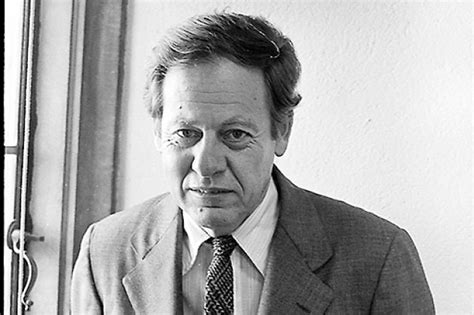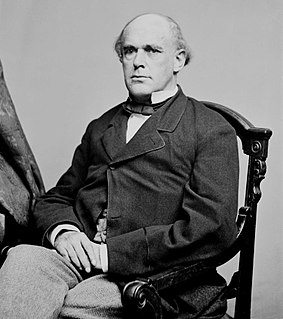A Quote by Kenneth D. Wald
Given the ambiguity of religious texts and teachings, the mixed historical record, and the empirical evidence, it would be foolhardy to assert that religious faith necessarily upholds democratic values.
Related Quotes
If all the evidence put forward for the authenticity of religious teachings originates in the past, it is natural to look round and see whether the present, about which it is easier to form judgements, may not also be able to furnish evidence of the sort. If by this means we could succeed in clearing even a single portion of the religious system from doubt, the whole of it would gain enormously in credibility.
The great decisions of government cannot be dictated by the concerns of religious factions. We have succeeded for 205 years in keeping the affairs of state separate from the uncompromising idealism of religious groups and we mustn't stop now. To retreat from that separation would violate the principles of conservatism and the values upon which the framers built this democratic republic.
Our knowledge of the historical worth of certain religious doctrines increases our respect for them, but does not invalidate our proposal that they should cease to be put forward as the reasons for the precepts of civilization. On the contrary! Those historical residues have helped us to view religious teachings, as it were, as neurotic relics, and we may now argue that the time has probably come, as it does in an analytic treatment, for replacing the effects of repression by the results of the rational operation of the intellect.
The idea, therefore, that religious faith is somehow a sacred human convention—distinguished, as it is, both by the extravagance of its claims and by the paucity of its evidence—is really too great a monstrosity to be appreciated in all its glory. Religious faith represents so uncompromising a misuse of the power of our minds that it forms a kind of perverse, cultural singularity—a vanishing point beyond which rational discourse proves impossible.
Tibet, why is it occupied? For political reasons maybe they have a reason. I don't know. But religiously, why? The fact that the religious community is being oppressed and persecuted is something that every single person in the world who has any religious faith and religious feeling for - for people who have faith should speak up.
There came a time in my life when I doubted the divinity of the Scriptures, and I resolved as a lawyer and a judge I would try the Book as I would try anything in the courtroom, taking evidence for and against. It was a long, serious and profound study and using the same principles of evidence in this religious matter as I always do in secular matters, I have come to the decision that the Bible is a supernatural Book, that it has come from God, and that the only safety for the human race is to follow its teachings.





























